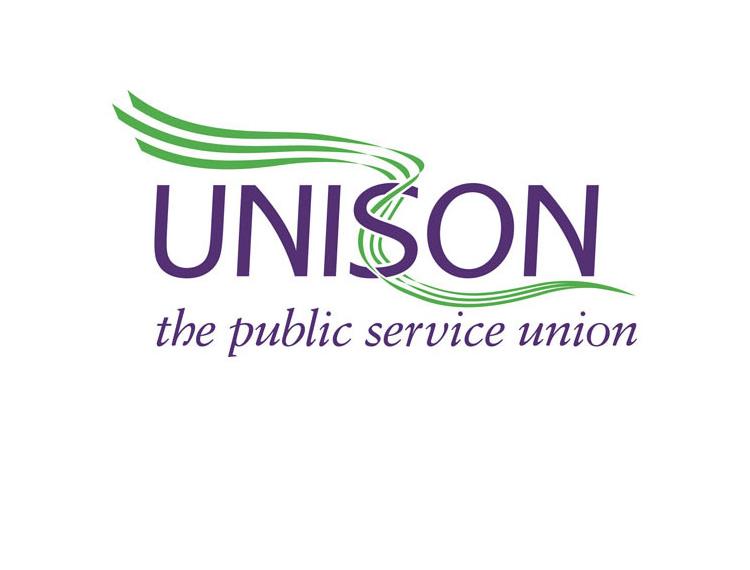Cuts to school support staff could leave vulnerable students at risk

School support staff regularly go home worried about pupils’ welfare, safety and emotional state after discussing issues such as grooming, gangs, domestic violence, bullying, loneliness, and sexual abuse with them, according to a survey released by UNISON today (Friday).
The research suggests that across the UK almost a quarter (24%) of school support staff involved in children’s welfare go home worried every day having spoken to pupils about the issues that trouble them both inside and outside of school.
Almost nine in ten (86%) of support staff told UNISON they’d gone home worried about pupils after talking to them. Issues of concern can range from parents splitting up, family bereavement, self-harm, and sibling rivalry, to family members falling ill, the misuse of alcohol or drugs at home, and having a parent in prison.
The survey, of more than 3,000 school support staff involved in children’s welfare (including teaching assistants, learning mentors and welfare officers) is released to coincide with Stars in our schools day, UNISON’s annual celebration of non-teaching staff and the valuable work they do.
Support staff responding to the survey said that they felt the contributions they made in school helped pupils to feel safer (83%), and supported their learning in the classroom (91%). Three in five (60%) also said they thought their work helped pupils feel less isolated, and two fifths (43%) that it improved their attendance.
Their work with children also meant improved behaviour in the classroom – cited by 80% of support staff who responded – and decreased workloads for teachers (69%).
Yet, despite the obvious benefits that support staff involved in children’s welfare can bring to distressed pupils and the smooth running of schools, a third (33%) reported that their schools had made cuts to staff carrying out pastoral roles over the past year.
Cutbacks to other parts of public services are also being felt in schools. As they try to support pupil welfare, support staff said they had referred cases to social services (40%), 29% had involved mental health services, and 15% the police. But almost two fifths (39%) had noticed a decrease in the availability of support services beyond school.
Despite the range and depth of issues experienced by pupils, more than half (56%) of the school support staff who responded said they didn’t have the time, space or privacy to talk to children. This is despite more than a quarter (28%) regularly working up to six unpaid hours a week, the equivalent of almost an extra day.
Commenting on the results, UNISON head of education Jon Richards said:
“School support staff are true stars in our schools, they do a lot more than they sometimes get the credit for. They support children through the toughest of times, so it’s only fair their huge contribution is celebrated.
“Support staff clearly have a huge and positive influence on children’s and young people’s lives. It’s no surprise that they are seen as trusted adults that pupils can talk to in confidence.
“Schools simply couldn’t run smoothly, and the achievements of pupils would be significantly reduced, without the efforts of these dedicated staff.
“Having the right type of emotional support in place at the right time ensures problems don’t escalate into crises. But cuts pose a huge risk to schools and pupils. The government must properly fund schools so there’s always the time and space for children to feel listened to and helped.”
Up and down the country today, schools will hold Stars in our schools events including breakfasts, award ceremonies, and afternoon teas to celebrate the invaluable work of their support staff.











Responses